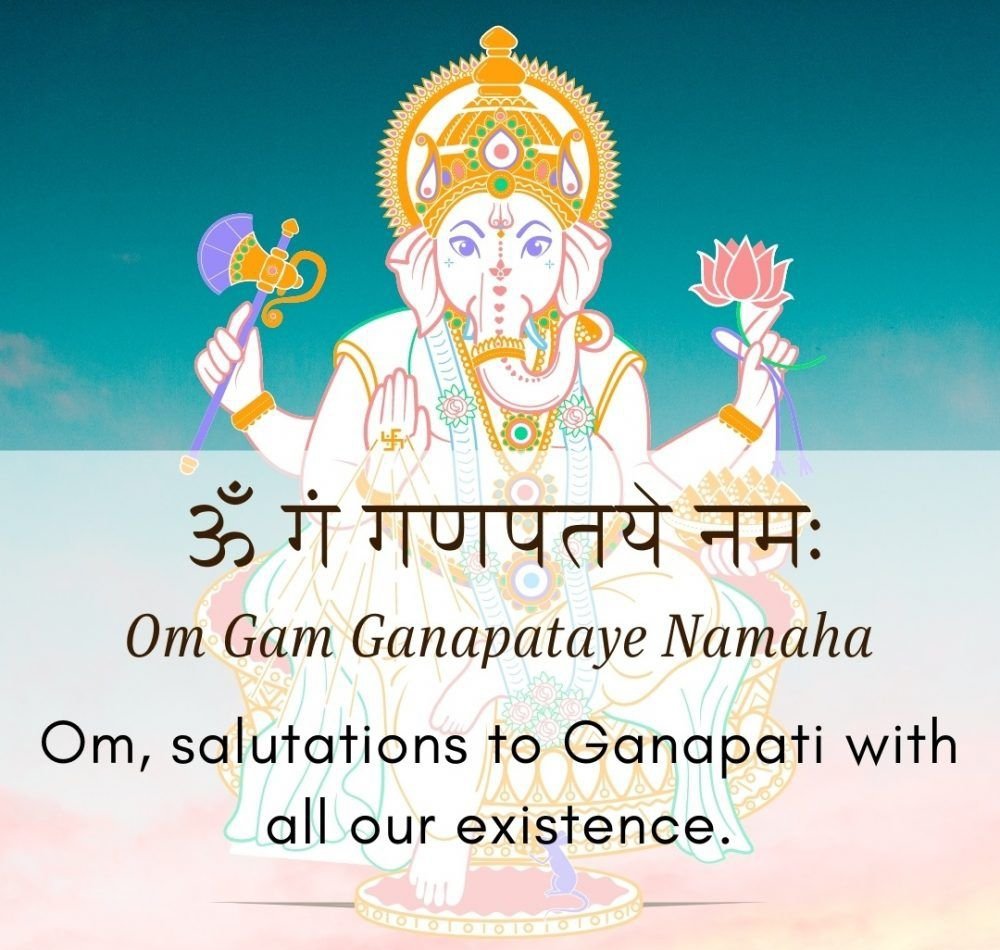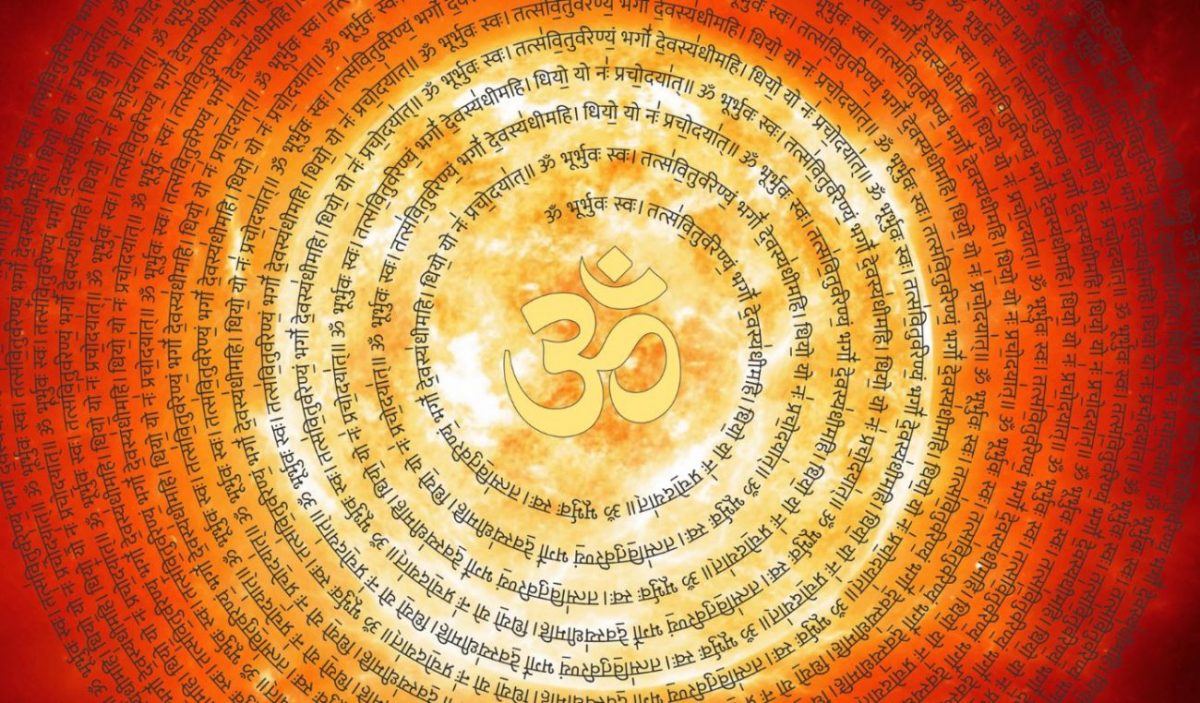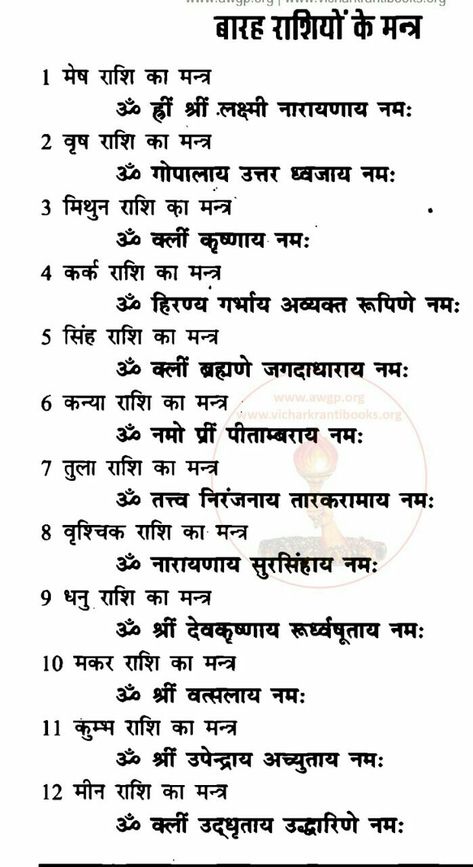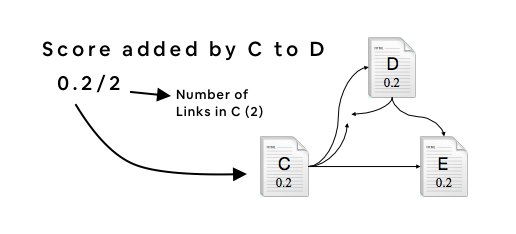You doing the academic book thing? Dope! A thread.
1. Do your homework. Sometimes the most prestigious academic press that (more) established scholars fawn over ain't meant for your research. Peep their acquisition editors, their titles, etc. Is it a fit?
More from Writing
You May Also Like
ARE WE FAMILIAR WITH THE MEANING & POWER OF MANTRAS WE CHANT?
Whenever we chant a Mantra in Sanskrit, it starts with 'Om' and mostly ends with 'Swaha' or 'Namaha'. This specific alignment of words has a specific meaning to it which is explained in Dharma Shastra.

Mantra is a Sanskrit word meaning sacred syllable or sacred word. But Mantras r not just words put together,they r also vibrations.The whole Universe is a cosmic energy in different states of vibration &this energy in different states of vibration forms the objects of Universe.
According to Scriptures,Om is considered to be ekaakshar Brahman,which means Om is the ruler of 3 properties of creator,preserver&destroyer which make the https://t.co/lyhkWeCdtv is also seen as a symbol of Lord Ganesha, as when starting the prayer,it's him who is worshipped 1st.

'Om' is the sound of the Universe. It's the first original vibration of the nothingness through which manifested the whole Cosmos. It represents the birth, death and rebirth process. Chanting 'Om' brings us into harmonic resonance with the Universe. It is a scientific fact.
Therefore, Mantras are described as vibrational words that are recited, spoken or sung and are invoked towards attaining some very specific results. They make very specific sounds at a frequency that conveys a directive into our subconcious.

Whenever we chant a Mantra in Sanskrit, it starts with 'Om' and mostly ends with 'Swaha' or 'Namaha'. This specific alignment of words has a specific meaning to it which is explained in Dharma Shastra.

Mantra is a Sanskrit word meaning sacred syllable or sacred word. But Mantras r not just words put together,they r also vibrations.The whole Universe is a cosmic energy in different states of vibration &this energy in different states of vibration forms the objects of Universe.
According to Scriptures,Om is considered to be ekaakshar Brahman,which means Om is the ruler of 3 properties of creator,preserver&destroyer which make the https://t.co/lyhkWeCdtv is also seen as a symbol of Lord Ganesha, as when starting the prayer,it's him who is worshipped 1st.

'Om' is the sound of the Universe. It's the first original vibration of the nothingness through which manifested the whole Cosmos. It represents the birth, death and rebirth process. Chanting 'Om' brings us into harmonic resonance with the Universe. It is a scientific fact.
Therefore, Mantras are described as vibrational words that are recited, spoken or sung and are invoked towards attaining some very specific results. They make very specific sounds at a frequency that conveys a directive into our subconcious.




















